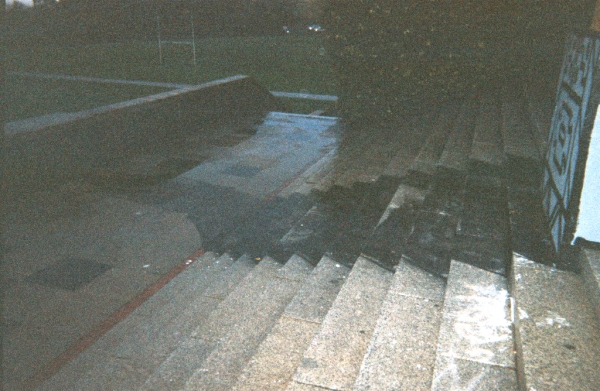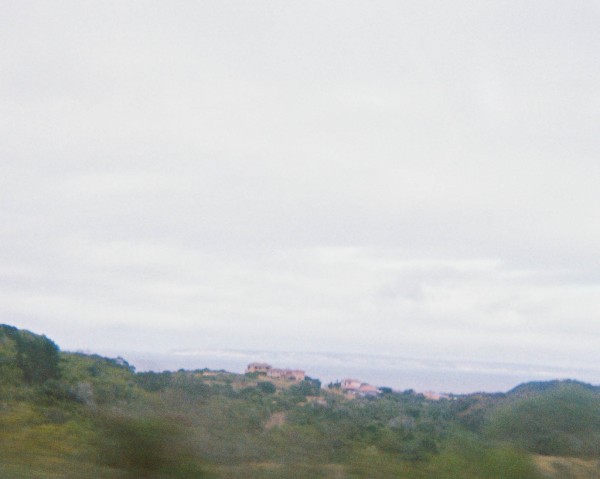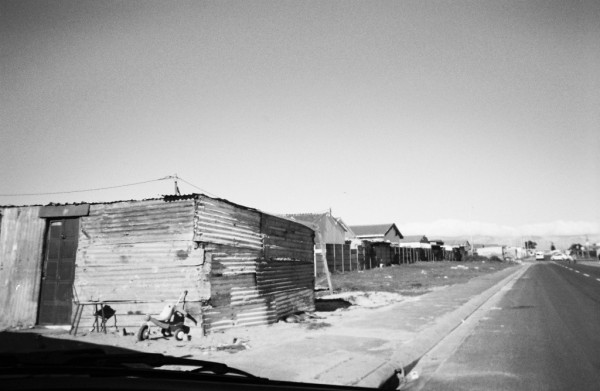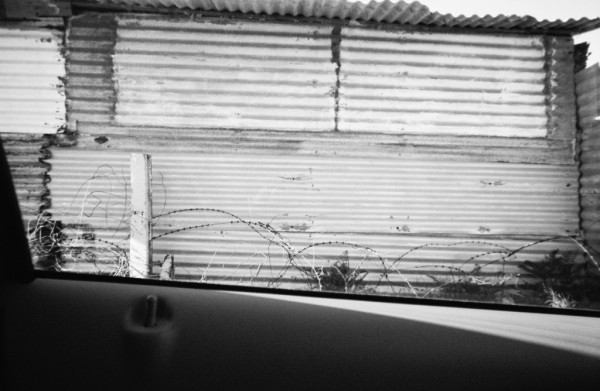Erika Bojarczuk is a 2016 IDD graduate, having studied the MSc International Development (Poverty, Inequality and Development) programme. Before Birmingham, she graduated from Castleton University in VT, USA, with a BA in Global Studies and studied for a semester at the University of the Western Cape in South Africa. Erika is currently living in the US just outside of Boston.
My experience working on my dissertation took me on an incredible and challenging journey of self-discovery. My topic found me quite early on in my course when I saw via social media that a friend of mine in South Africa had been heavily involved in the #FeesMustFall protest in Cape Town in October 2015. I was inspired by my friends’ participation and wanted to learn more about the movement, and why it was important to South African youth.
For those of you not familiar, students across South Africa banded together with the common aim of decolonizing education by eliminating the structural racism found in universities, and society as a whole, lingering from the colonial and apartheid systems. This social movement has taken different forms, beginning with successful student protests at the University of Cape Town, which, in April 2015, resulted in the removal of the statue of Cecil Rhodes from a central point on the campus. In October and November 2015, the fight for equality changed when, initiated by students at the University of Witwatersrand in Johannesburg, thousands of students across South Africa united in protest of a proposed fee increase for university tuition. If implemented, this fee increase would have raised the already high barrier black South Africans face in order to obtain a university education. Student protesting resulted in temporary triumphs, however activists involved in the movement do not considered their actions successful, and will not until education is free for all students. More protesting continued through the year addressing a range of intersectional issues. In September 2016, when the government announced that it would allow universities to raise tuition again, more protesting ensued. This issue remains unresolved and it is entirely possible that more protests will occur in 2017.
My love of photography and passion for visual storytelling compelled me to utilize a mix of methodologies for my dissertation. I incorporated a photovoice methodology, a form of participatory action research, which is conducted by giving participants cameras and requesting that they take photographs of a particular topic. These photographs are accompanied by narratives both to elaborate on the stories told in the images and remove much of the potential for misinterpretation. Photovoice research was designed with the intent to not only increase knowledge, but to come up with a tangible tool to educate people and influence policy. This was an appropriate methodology for learning about a social movement because it can be used to help educate new audiences about the aims of the movement. I spoke to three activists from the University of Cape Town community as a part of my research, and the prospect of sharing their individual stories with people at the University of Birmingham was one that excited the participants. It was collectively decided that a good use of the images that they created would be to educate more people about the struggles faced by black South Africans, and the importance of this social movement. All of the photographs and narratives produced by the participants were displayed in the lobby of Muirhead Tower of the University of Birmingham during the month of December. The following are excerpts from their stories.
From Ntsika:
This is where the statue used to be. A group of people, I think a week after the statue was removed took a stencil and they made a shadow. I think that is quite profound because even though the statue itself is gone, the shadow of white supremacy and white colonial rule, you know everything that Rhodes stood for still lingers over UCT and South Africa as a whole. I took this picture because I think it reminded me of that and the reasons why the protests initially began….
This is a previously white’s only university, almost majority white and middle class people, and even though it is a higher learning institution and maybe one of the most influential in the country, it is still very aloof and still very distant from the realities that most people face. That’s what it reminded me of and I think someone doing that, it made me reflect on why that existed.
From Kabelo:
In Mussel Bay right, you have these very nice hotels where you are looking at the ocean when you come out and it’s gorgeous…and then just around close to it there’s shacks. I don’t understand, how do you build mansions and stuff and not at least build decent houses, don’t let people still live…like really? That’s how South Africa is, you find really great places that you wouldn’t think you would find in a developing country like this and then you find… and you’re like really?
And on top of that, people don’t live there, this is their holiday house. I don’t get it. Like you can tell that there is a huge population, especially in the Western Cape of very rich individuals, not doing ok, but extremely well off, and yeah the gap is, it’s horrible. I don’t know if I took a picture, on the way there I’ve seen slums before but I don’t know if I’ve seen them as horrible as these ones. Maybe it was because of the way the rain made things look because it was raining on that day but I was speechless for I don’t know how long in the car while looking. I was like it can’t be that bad, it’s really that bad, like, South Africa is really this bad. And if you have a contrast from this land to someone’s holiday house which costs I don’t know how much… People are becoming so numb to that, like you just don’t show any emotions to it anymore, it’s ok, as long as it’s not you it’s fine.
From Meisie:
I took these pictures while I was driving in my car, so, I’m a 22 year old Black Woman with a car and an apartment. It’s a luxury for most people my age, for most black women, and most South Africans…so I’m sitting in my car with my camera and I am taking pictures and these are the pictures that came out.
Here you can see that these two are shacks, right, so these are people’s homes, people live there in corrugated iron. And you can see that it is a home because they have a little toy thing for the child, there’s a dog laying there under the sun so it doesn’t get cold, and it was clear skies, beautiful day…
This is the representation of, we are fighting for insourcing, we are fighting for fees to fall and a lot of the students that were on the front line, come from places like this.
Through hours of conversation with these activists, I came to the realization that I should not be analyzing these stories and searching for themes. I should be listening to them, and ensuring that others like me do the same. I discovered that for my dissertation to be successful, I needed to embrace the idea of decolonization to the best of my ability. As a result, I chose to focus my analysis on the research methods themselves, and the necessity to decolonize those methods, especially in this context. Doing this helped me to turn the focus of my dissertation from an analysis of the protest movement itself, to a critical discussion of how western academics can begin to approach these kinds of topics in the most healthy way possible, and let these narratives stand alone in my paper.
I have learned several important lessons through the course of my research, which I hope I can continue to build upon in the future. First and foremost, I learned the importance of approaching research with a self-reflexive attitude. Questioning my own positionality, and thinking about my own identities allowed me to begin to understand where I should speak and where I should remain silent. I learned that there is no right way to do research from a western academic perspective in the global south, and began to unearth the complicated power dynamics of the researcher-participant relationship. Only through continuing to push ourselves, and each other, along with sharing our challenges, failures, and successes with other researchers can we continue to grow, and help to present better, more relevant, and more ethically compiled knowledge.




